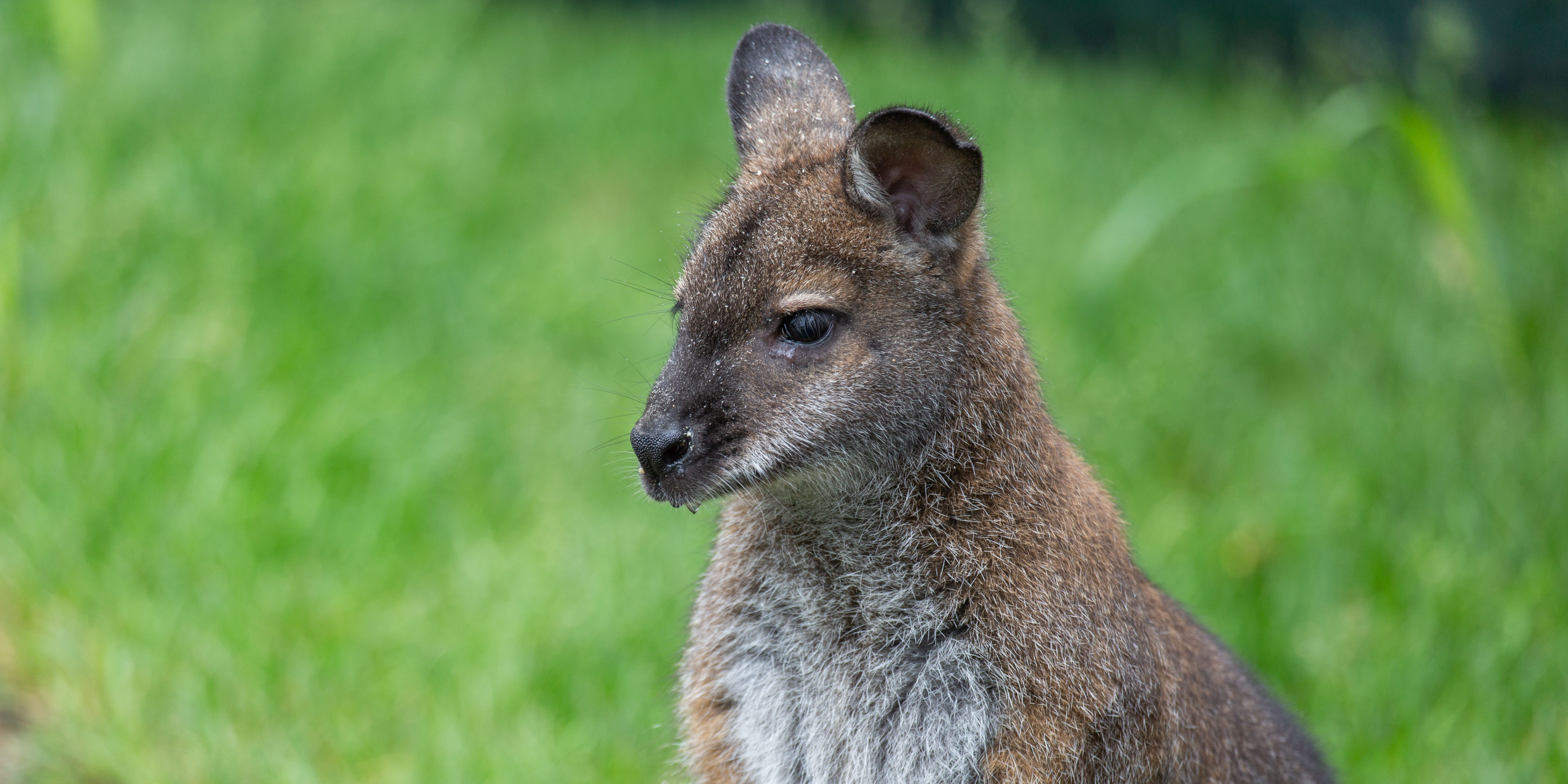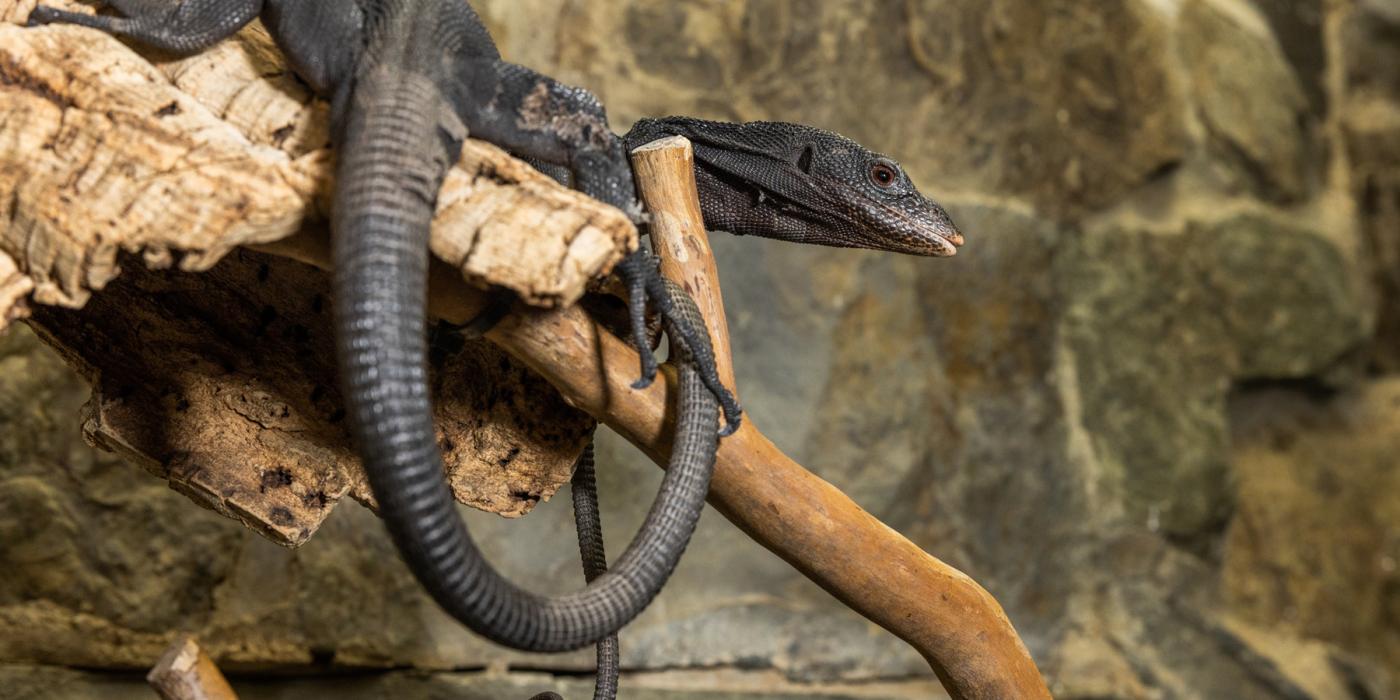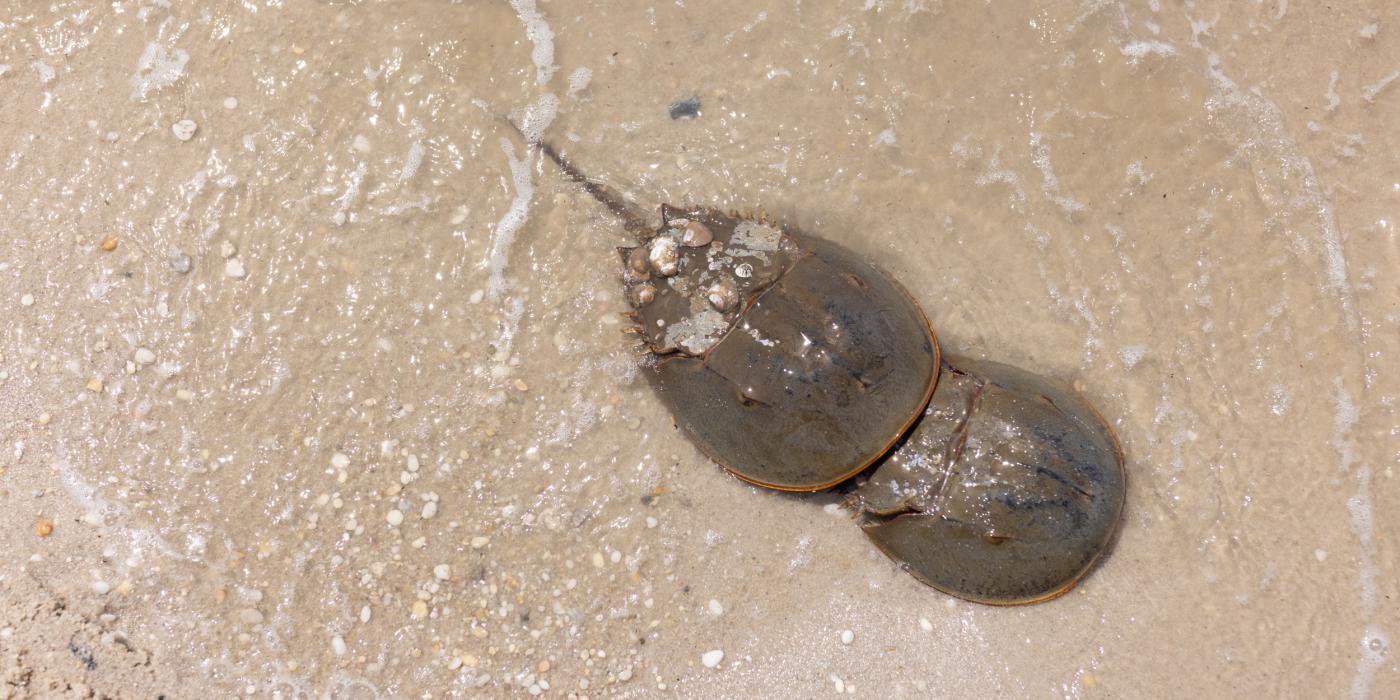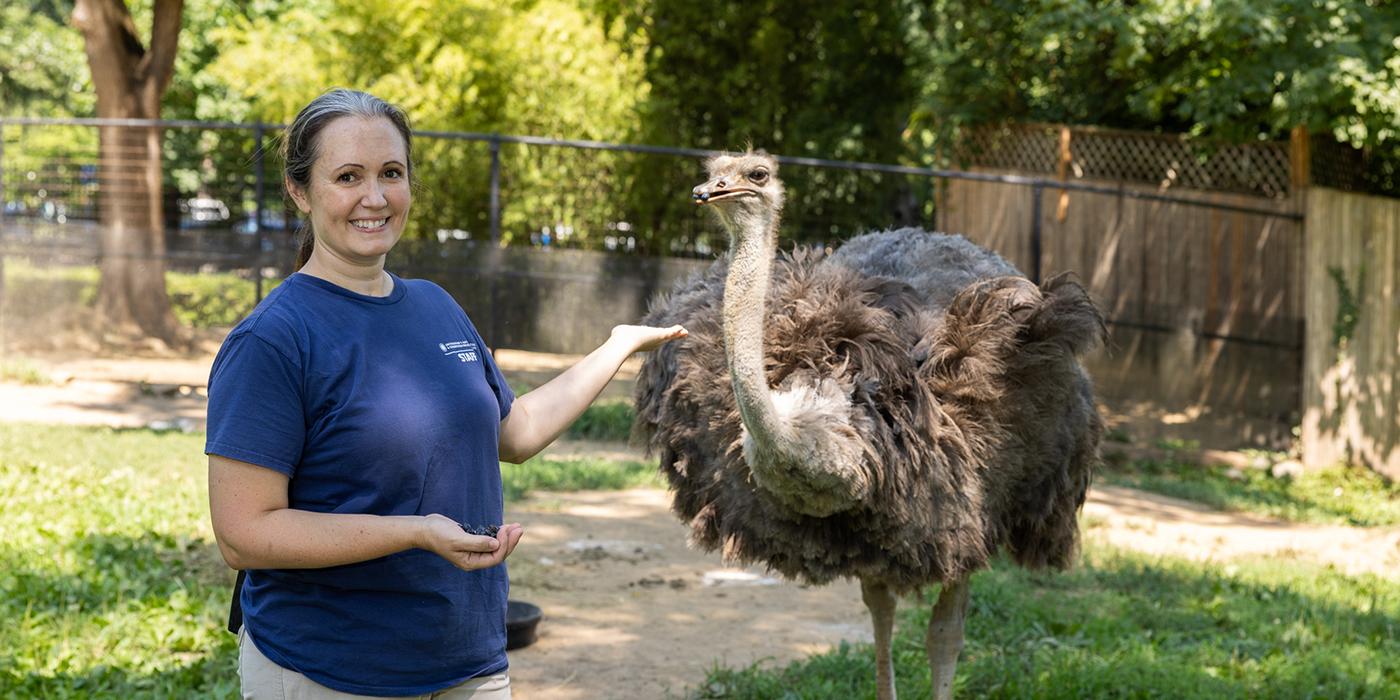Supporting Wildlife Affected by Australia's Bushfires
The bushfires raging in Australia have killed nearly 1 billion animals, 27 humans and destroyed many homes and scorched millions of acres. Although we are on the other side of the world, the Smithsonian’s National Zoo and Conservation Biology Institute is committed to protecting species and their habitats, and supporting our fellow zoos as they respond to ecological crises. In the months, and perhaps even years, after the fires are extinguished, the expertise and care that zoos are uniquely able to provide will be incredibly important for many animals.
The Association of Zoos and Aquariums (AZA) and the Zoo and Aquarium Association Australasia (ZAA) have managed breeding programs, called Taxon Advisory Groups, that help keep populations of species genetically healthy. Their expertise may be needed to help wild animals that will not have habitats to return to in the wake of this disaster. The Marsupial and Monotreme Taxon Advisory Group and its steering committee are exploring ways for accredited zoos to assist with rescue and conservation efforts of marsupial and monotreme species, like wallabies and koalas, as a result of the fires.
“The fires are intense and will affect not only wildlife populations for years to come, but also the ecosystems they depend on,” said Steve Sarro, curator of Small Mammals at the Smithsonian’s National Zoo and a member of the Marsupial and Monotreme steering committee. “As professional animal collections managers, our hearts are heavy and we are hoping for the flames to come to an end soon.”
ZAA is formally coordinating a phased response for immediate and long-term support of the needs of wildlife affected by the fires. Phase one will place rescued native animals with appropriate facilities and expert care for treatment, provide ongoing rehabilitation and prepare animals to return to the wild. Phase two will assess the impacts on wildlife and habitat to understand where rehabilitation efforts are most needed. Phase three will focus on medium and long-term recovery efforts to return healthy animals to regenerated habitats and revive and sustain populations of wildlife in affected areas.
The ZAA Wildlife Conservation Fund and Zoos Victoria’s Bushfire Emergency Wildlife Fund will support animal care experts and veterinarians as they help animals affected by the fires.




